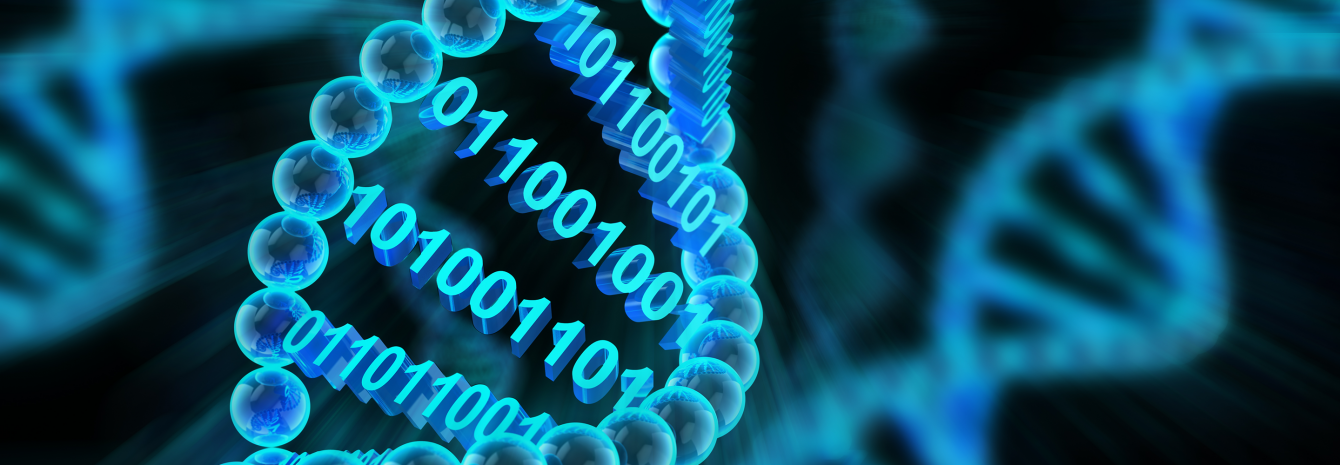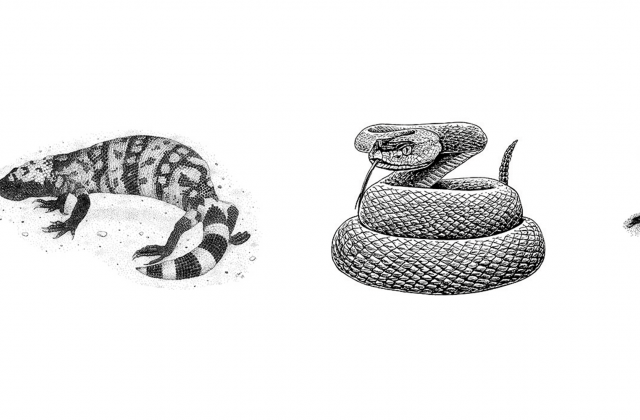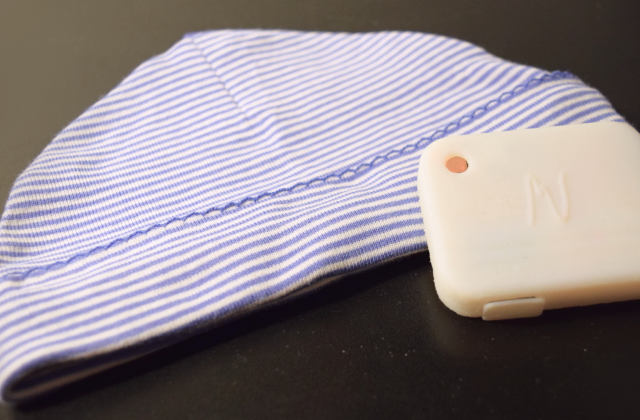Is DNA the hard drive of the future?

With more data created in the past two years than in all of human history, storage technology is inundated with information. Columbia researchers discovered one surprising cure for our data-storage woes: DNA.
DNA is an ideal storage medium. It is about one million times more compact than current, physical storage means, and it can last hundreds of thousands of years—the same cannot be said of old mix-tapes, scratched CDs, and fragile hard drives.
Researchers at Columbia and the New York Genome Center (NYGC) used a new algorithm to maximize DNA’s storage potential by squeezing information into its four base nucleotides. They encoded six files into DNA, including a full computer operating system, an 1895 French film, a $50 Amazon gift card, and a computer virus. With DNA, all of the world’s data could be stored in a single room.
“We believe this is the highest-density data-storage device ever created,” said Yaniv Erlich, a computer science professor at Columbia Engineering, member of Columbia’s Data Science Institute, and a core member of the NYGC. While it is currently cost-prohibitive ($7,000 to synthesize DNA for archiving two megabytes of data, and another $2,000 to read it), the ability to pack this much information into such a versatile vessel holds tremendous promise for future data preservation.
Make Your Commitment Today





